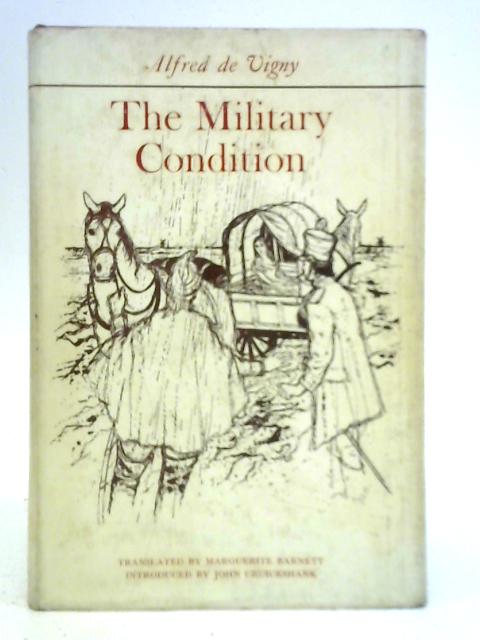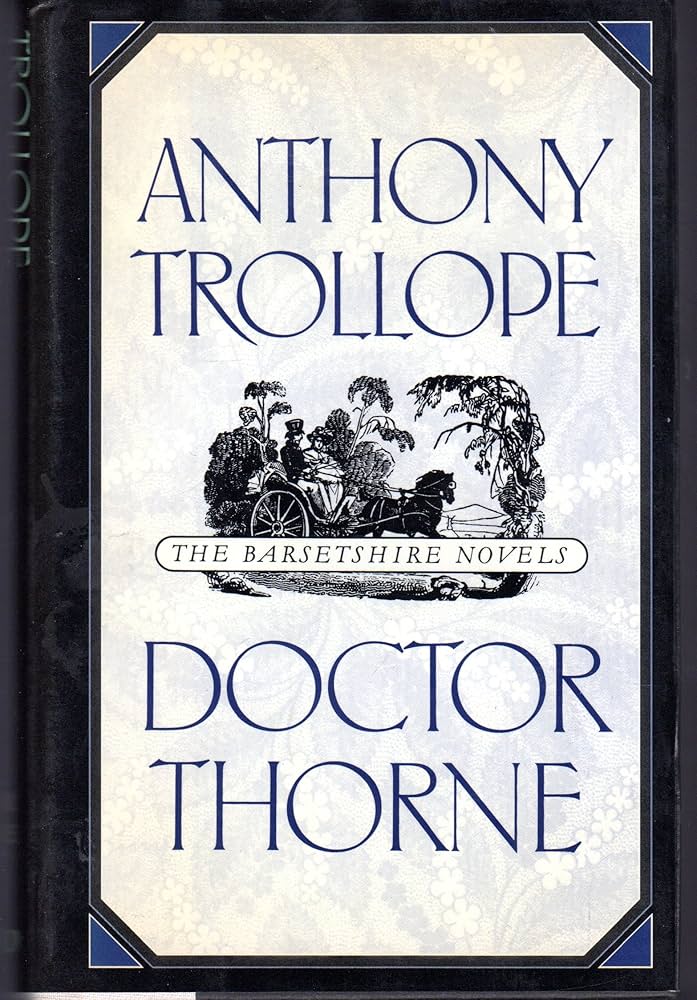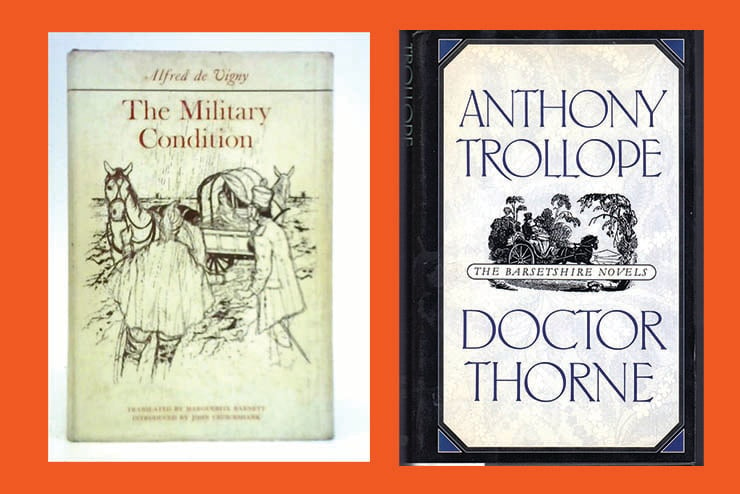
Alfred de Vigny’s The Military Condition, first published in France in 1835, is a rare philosophical examination of the military experience. It is aphoristic, lucid, mordant, and reflective—a tribute to the perennial nature of the professional soldier.
De Vigny (1797-1863) came from a noble family. His father was crippled by war but nevertheless instilled in de Vigny a reverence for martialism, while his mother inculcated romantic royalism. At school, de Vigny eagerly followed the fortunes of the Grand Army. “Our minds were awhirl with the thunder of cannon-fire and the clamour of bells pealing out the Te Deum … Shouts of ‘Long Live the Emperor!’ put an end to Tacitus and Plato.”
De Vigny joined the Royal Bodyguard in 1814 upon the Bourbon restoration. Louis XVIII fled upon Napoleon’s escape from Elba, returning only after Waterloo. De Vigny, deprived of opportunities for heroism, left the army in 1827 to devote himself to literature and in 1849 became Directeur of the Académie Française.
The book consists of three semi-fictional tales with overarching themes: the nature of war, the nature of soldiers, and the need, with the decline of Christianity, for a new morality.
The tedium of soldiers’ lives can be transfigured by what de Vigny calls “abnegation.” “This life of constraint and boredom can produce, as if by a miracle, an artificially formed but noble character whose lineaments are great and good like those of an ancient medal,” he wrote. There is bondage in soldiering but also unique potential for greatness. Heroism is impervious to the fortunes of war and may show more strongly in defeat. It is not invalidated even when enlisted in a bad cause. The soldier endures stoically and can act honorably in the worst circumstances.
We meet a former naval captain traveling with a woman in a cart. The woman is the widow of a man the former captain had befriended but then executed 18 years before, because that was his Republican duty. Ever since, the captain has looked after the woman, who was driven mad by the shock.
Another story is set during the tense “Three Glorious Days” of July 1830, when there were uprisings against Charles X, soon to be replaced by his cousin. Guards Captain Renaud recalls his years as a prisoner of the English, when he refused to escape because he had promised not to. We gain insight into Napoleon’s greatness, which is “outward, active, brilliant, proud, egotistical and capricious” (and doomed). Renaud returns to the ranks, where he is traumatized by killing a 14-year-old enemy.
Vigny imagined that, ultimately, there would be world peace, a rare self-delusion. Soldiers occupy a unique cultural place and always will. The nature of conflict is changing, but there will always be a need for gallant self-sacrifice.
—Derek Turner

Doctor Thorne is the third of Anthony Trollope’s six Barset novels set in the fictional English county of Barsetshire. The plot concerns Mary Thorne, an illegitimate child raised by her uncle, a doctor. Mary falls in love with Frank Gresham, son of the local squire, but Frank’s parents are eager for him to “marry money” and are determined to discourage the union with Mary. Unbeknownst to her, Mary may inherit a large fortune that would transform her prospects.
Trollope uses his plot lines to comment on the social and political mores of the time. I have always been fascinated by the historical context of his novels. Some of the most famous were written during, and take place in, the period between the passing of the Great Reform Act of 1832 and the Second Reform Act of 1867, when England could still be called an aristocratic society. Members of parliament were not paid and parliamentary constituencies were often controlled by powerful families.
Trollope highlights important themes in the novel: the conflict between marrying for love or financial advantage, the importance of birth and the ownership of land, the contrast in character between the Gresham family, which inherited its wealth and status, and the self-made man Sir Roger Scatcherd and his son Louis. All these elements give the novel an extra layer of interest beyond the surface plot.
One of Trollope’s great strengths is his ability to combine the most serious themes and commentary with a large dose of humor. He evokes much of the levity through his engaging characters, who possess comical names: Mr. Bideawhile of the law firm Slow and Bideawhile, Mr. Closerstil, the lawyer Neversaye Die, Dr. Fillgrave, Miss Gushing, and Mrs. Rantaway. The sheer number of characters he manages to incorporate into his stories is impressive. It’s best to read an edition of the novel that contains a Who’s Who in the appendix, such as the Oxford University Press edition.
Doctor Thorne was apparently Trollope´s favorite of all his novels. Everything by Trollope is worth reading, as his stories contain compelling characters and plots, as well as interesting settings and themes of a historical and
political nature.
—Piers Shepherd

Leave a Reply